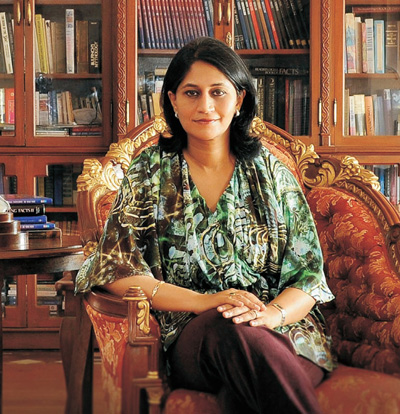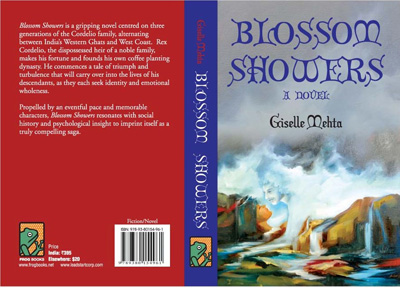
Mangalore, July 13: Giselle Mehta, a young writer's debut novel “Blossom Showers” will be released on Sunday, July 17 at TimeOut, City Centre Mall, KS Rao Road at 11:30 am.
According to a press release, the novel will be released in the presence of Alan Nazareth, Author and former Diplomat, (Bangalore) and Mr H.C. Parikh, President- Elect of The International Book Readers Association, India Chapter.
Giselle Mehta will share her thoughts on how the novel Blossom Showers is founded on the perception that an individual rarely achieves closure in the span of a lifetime.
About “Blossom Showers”: (Lead Start Publishing, Priced at Rs 395)
Blossom Showers is a gripping novel centred on three generations of the Cordelio family, alternating between India's Western Ghats and West Coast. Rex Cordelio, the dispossessed heir of a noble family, makes his fortune and founds his own coffee planting dynasty. He commences a tale of triumph and turbulence that will carry over into the lives of his descendants, as they each seek identity and emotional wholeness.
Propelled by an eventful pace and memorable characters, Blossom Showers resonates with social history and psychological insight to imprint itself as a truly compelling saga.
About Giselle Mehta:
Giselle Mehta has Masters' Degrees in International Relations and English Literature. She is an Associate of Trinity College, London, in Speech and Drama.
Her working life commenced as a bureaucrat in the Indian Revenue Service, parting ways after 10 years to embrace enterprise and self-exploration. She particularly enjoys creative pursuits rooted in the communicative process — writing, theatre and speaking.
Giselle reserves a special space in her life for altruistic concerns and humane initiatives. She is the author of Aerial Roots, a published collection of her poems. Blossom Showers is her debut novel.






Comments
Add new comment